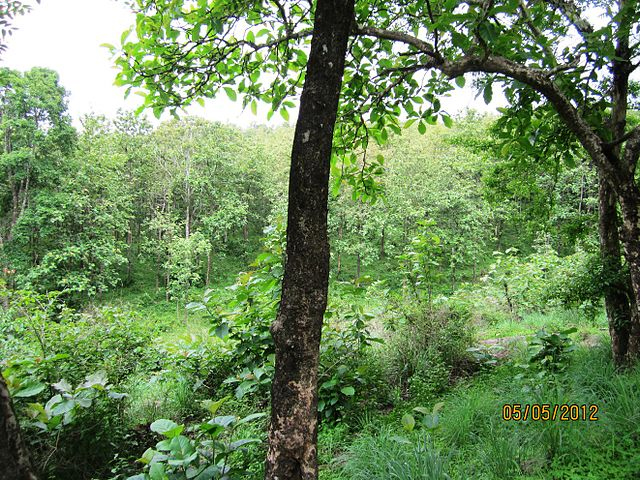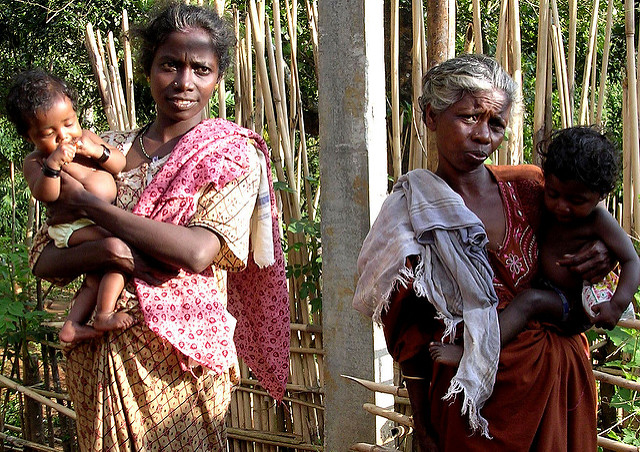Indigenous tribal communities in Kerala are learning from an NGO how to improve their earnings from the products they fabricate. An article on October 31 in The New Indian Express described the work of the NGO, the River Research Centre, with three Muthuvar, Malayar and Kadar villages in the Vazhachal Forest of Kerala.

The tribal people have long been skilled in fabricating objects for personal use out of supplies they obtain from the forests but they have lacked the skills to earn a reasonable income from their work. With the help of the RRC staff, however, the products made by the people are now reaching markets in such major Indian cities as Bengaluru.
Two staff members from the RRC, Manju Vasudevan and Jipsa Jagadeesh, have been working with the three communities, especially the women, for three years to help them fabricate products that will appeal to consumers and then to market them effectively. The forest-based products the women make include preserves and pickles made from wild foods, cloth bags, bamboo baskets, bees wax cosmetics, and jute accessories.
The collective operating in the three villages builds to some extent on the pre-existing approaches of the tribal people but it also introduces contemporary techniques and unconventional ideas and approaches to the craft work. Manju told the reporter that the tribal women “might be weaving the same baskets during festivals but many do not realise the fact that they can bring in more profit on other days as well.”

The Muthuvar people weave baskets, the Malayars specialize in producing wild food products, and the Kadar make clothing and macramé jewelry. The primary goal of the collective is to secure better livelihoods for the people while encouraging them to retain their connections to their roots.
The project has done more for the tribal women than just helping them with fabricating and marketing their work. According to Manju, they used to be unfamiliar with money but now they are quite adept at making financial decisions, including opening bank accounts for themselves. They have become quite disciplined. They get a strong sense of self-satisfaction from conducting craft classes and workshops at schools.
The two staff members of RRC mentioned future plans for the cooperative, including possible partnerships with other organizations, sessions on community development, and making seed jewelry. Manju was clearly pleased to report to the journalist that the cooperative has gotten an order from the Lumiere Organic Store, a major market for organic products in Bengaluru.